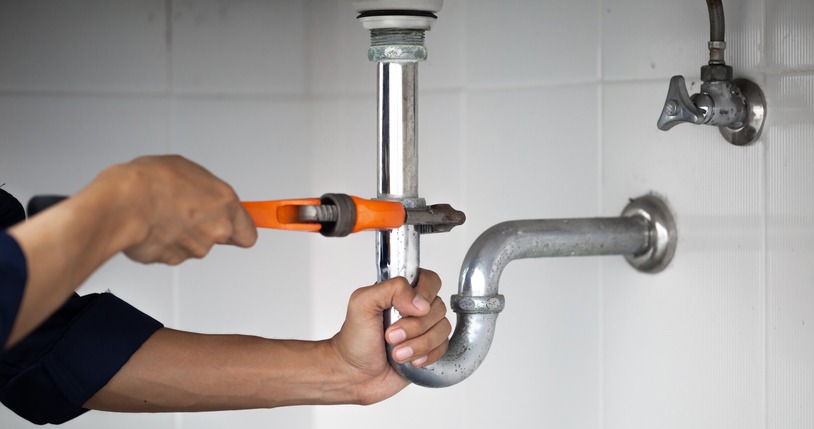Home plumbing may seem confusing and intimidating, especially for new homeowners. But with a basic understanding of how the plumbing system works, you can handle minor issues and make informed decisions when it is time to hire a professional. This blog guides you through some essentials about home plumbing, helping you feel more confident about managing this aspect of your property.
The Nature of Plumbing
Simply put, plumbing encompasses all water supply and waste disposal systems in your home. It includes everything from the main water line supplying water to your property and all interior pipes carrying that water to various outlets like sinks, bathtubs, and washing machines. The wastewater removal system makes up the other component of your plumbing system, taking all used water and waste material away from your house.
Famous Plumbing Services
If you ever require professional assistance, do not hesitate to engage reliable plumbers. For instance, if you reside in Australia, you can find peace of mind with renowned professionals in the field. You can Learn about Fergusons Plumbing services online catching a glimpse of their esteemed reputation through customer reviews.
Main Water Supply Line
The main water line connects your home to the public water supply or a private well. It is typically buried underground and carries fresh water into your property. Any issue with the main line should be dealt with immediately as it can lead to severe water damage or high utility bills.
Interior Water Supply System
This system covers the set of pipes that direct fresh water from the main line to different areas inside your home—kitchen, bathroom, laundry room, etc.—via a series of valves and taps. Common problems within this system include leaks, clogs, low pressure and broken valves.
Drain, Waste and Vent System
This essential part of your home’s plumbing carries wastewater out of your house. It assures removal of waste materials from toilets, showers, sinks and drains whilst also ensuring the release of sewer gasses safely into the atmosphere. Failure in this system can lead to unpleasant smells or potentially dangerous gasses finally entering your house.
Hot Water Systems
Depending upon your energy source—gas, electric or solar—the hot water mechanism differs. But all systems fundamentally heat up water in a storage tank and distribute it to various outlets when you turn on the hot water tap. Over time you may need to address issues like inadequate heating capability or leaks in the tank.
Faucets and Fixtures
Faucets regulate water delivery at different points of use—sinks, tubs, showers and outdoors. Over time faucets can leak or cause drips leading to wasted resources and increased water bills. Other fixtures including showerheads, toilet flush mechanisms or dishwasher hoses are also prone to wear and tear over time.
The Sewer System
This crucial component is the final destination for all wastewater leaving your property. It carries waste away from your home either to a septic tank on your property or towards a municipal sewer system. Aside from backups or blockages, issues with this system are severe involving possible sewage leaks.
Tackling Common Problems
A common rule is do not ignore minor plumbing issues as they can escalate into significant problems causing damage and high repair costs. From minor drain blockages to dripping faucets and leaking pipes—be vigilant about these matters.
Professional Assistance
While minor issues can often be taken care of with a simple toolkit and a practical video tutorial there comes a time when professional help needs to be enlisted. Certified plumbers have the right tools, expertise and experience to deal effectively with plumbing issues.
Preventive Maintenance
Routine inspection of all components of your plumbing system can help identify potential problems early before they turn into major issues. Regular cleaning of drains, checking for potential leaks around the home and water heater maintenance are all integral parts of preventive plumbing care.
Upgrades and Improvements
As a homeowner, it’s your decision whether certain elements of your plumbing need to be replaced or upgraded for efficiency. You may decide to replace older fixtures, faucets or pipes for more eco-friendly versions or because they’ve become outdated over time.
Water Conservation
Incorporating conservation techniques in your day-to-day activities can save you money on bills, protect natural resources and extend the life of your drainage system. Simple measures such as low-flow showerheads, dual-flush toilets, or smart watering strategies for your garden have significant impacts.
Wrapping Up
An essential part of homeownership is understanding how your home works—including its plumbing system. Learning the basics is empowering and allows you to take better care of your property on the whole. By gaining knowledge about the nature, elements and maintenance of home plumbing, you are better equipped to tackle minor problems head-on while also knowing when it’s time to call in professionals.
